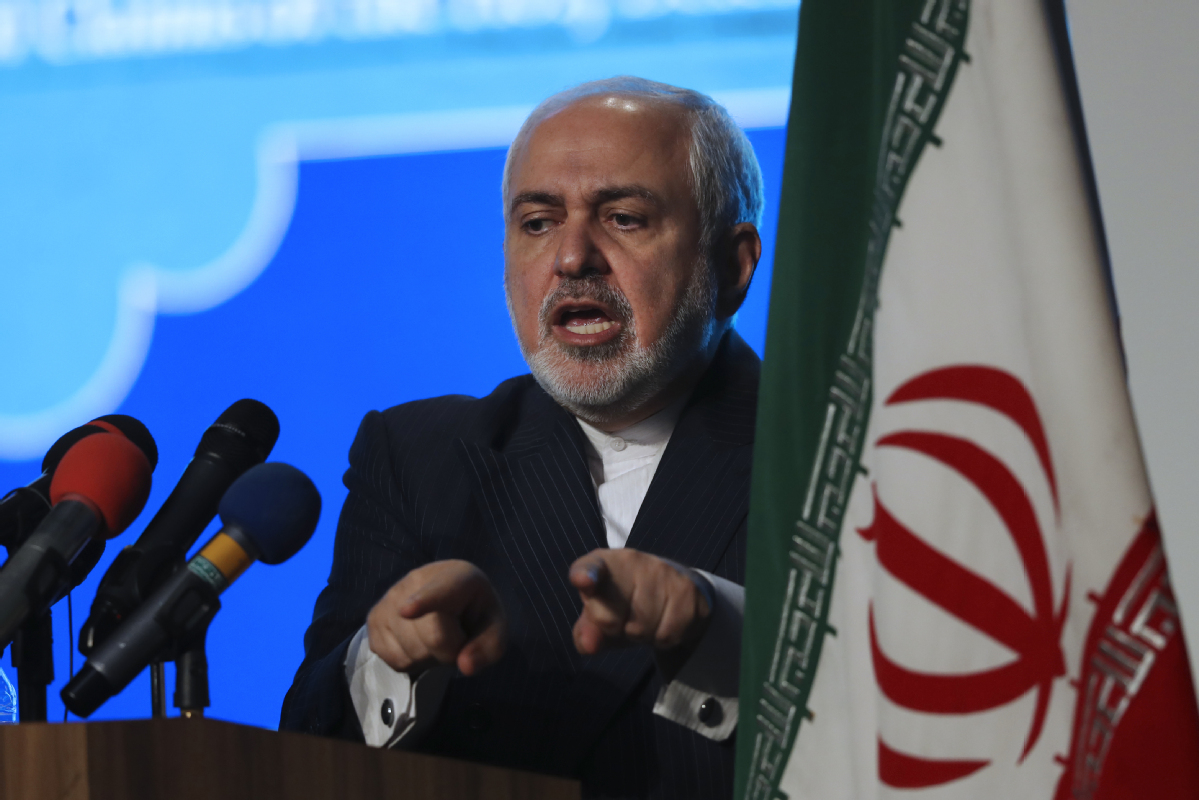Europeans bristle as Iran increases uranium enrichment
China Daily | Updated: 2021-02-25 10:11

TEHERAN-The United Nations' atomic watchdog said its inspectors had confirmed that Iran has started enriching uranium at up to 20-percent purity in the latest violation of a 2015 nuclear deal with world powers.
Iran officially started restricting international inspections of its nuclear facilities in a bid to pressure European countries and US President Joe Biden's administration to lift economic sanctions and restore the landmark accord.
The International Atomic Energy Agency said in a document distributed to member countries that Iran had added 17.6 kilograms of uranium enriched up to 20 percent to its stockpile as of Feb 16, The Associated Press reported on Tuesday.
It was the first official confirmation of plans Iran announced in January to enrich at a higher level of purity, far above the 3.67-percent purity allowed under the nuclear deal known as the Joint Comprehensive Plan of Action, or JCPOA.
Iranian Supreme Leader Ayatollah Ali Khamenei signaled on Monday Iran would refuse to capitulate to US pressure over its nuclear program.
Khamenei said that Iran could enrich uranium up to 60-percent purity if necessary, but stressed the country forbids nuclear weapons. Teheran has long insisted its nuclear program is for peaceful purposes such as power generation and medical research.
Iran also increased its total enriched uranium stockpile to 2,967.8 kg, up from 2,442.9 kg reported on Nov 2, the IAEA said.
The developments underscore the daunting task facing Biden as he seeks to reverse former president Donald Trump's decision to pull the US unilaterally out of the deal in 2018. That move left other world powers struggling to keep the agreement alive.
Most significant pact
The JCPOA was the most significant pact between Iran and major world powers since its 1979 Islamic Revolution. Germany, France and the United Kingdom stressed their commitment on Tuesday to preserving it, urging Iran to "stop and reverse all measures that reduce transparency".
"The E3 are united in underlining the dangerous nature of this decision," the European powers said in a statement. "It will significantly constrain the IAEA's access to sites and to safeguards-relevant information."
Iranian Foreign Minister Mohammad Javad Zarif said a new law had gone into effect on Tuesday morning, under which Teheran will no longer share surveillance footage of its nuclear facilities with the UN watchdog.
"We never gave them live video, but (recordings) were given daily and weekly," Zarif said of the IAEA's access to information recorded by camera monitors.
"The tape recording of our (nuclear) program will be kept in Iran."
Since Trump pulled the US out of the JCPOA, Iran has gradually been pressing on the remaining nations to come up with economic incentives to offset crippling US sanctions.
Zarif stressed in a tweet on Tuesday that Iran's new limits on nuclear inspections and other violations of the pact are reversible, insisting that the US move first to revive the deal.
The Biden administration has said it's ready to join talks with Iran and world powers to discuss a return to the deal. Zarif responded to the overture cautiously on Tuesday, saying Iran is "assessing the idea of an unofficial meeting" with the parties to the accord "in which America is invited as a non-member".
Agencies - Xinhua























